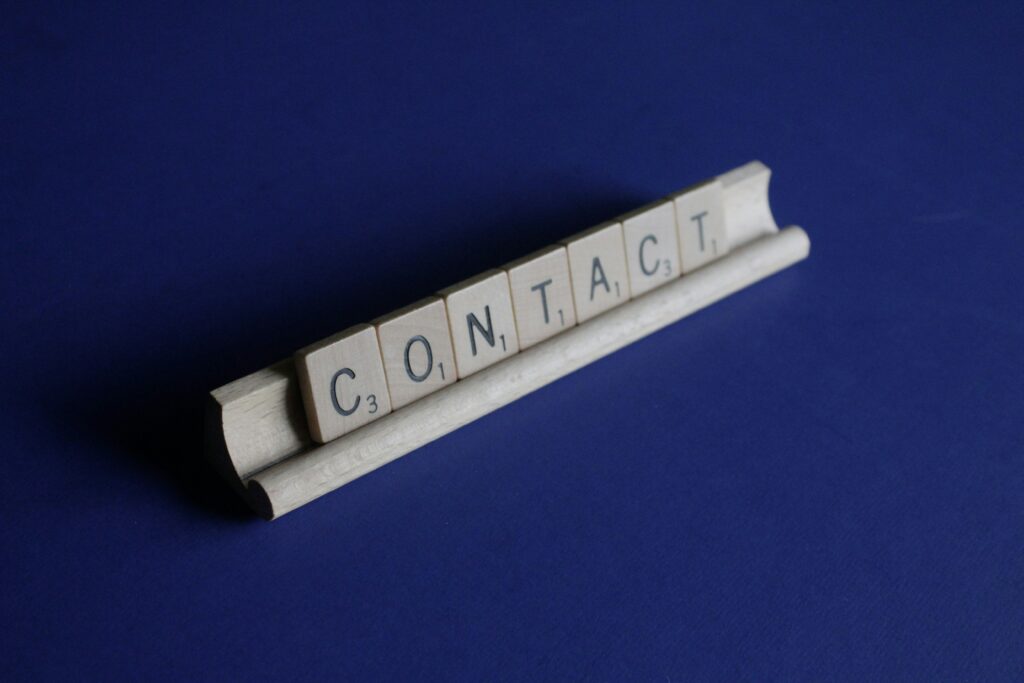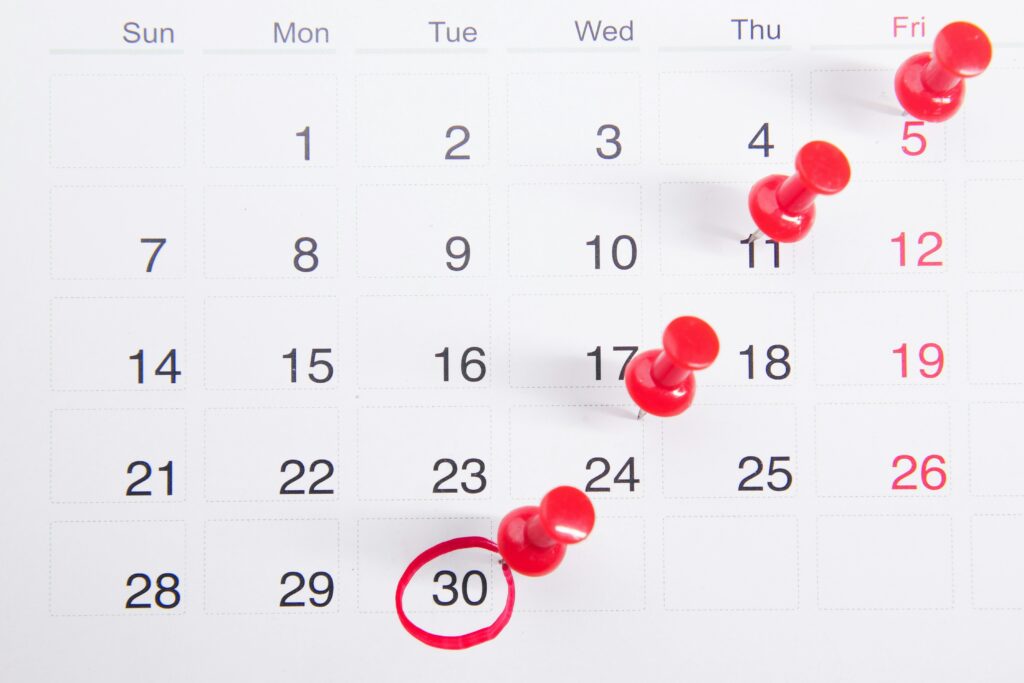Here are 7 top tips to ensure a strong Call To Action (CTA) within your press releases

1. Understand Your Objective
Before you can create a strong CTA, it’s crucial to understand your main objective for the press release. Are you aiming to increase website traffic? Promote a product? Encourage readers to attend an event? Knowing your goal will ensure your CTA and aligns with your broader PR strategy.
2. Be Clear and Concise
Your Call to Action should be crystal clear and concise, leaving no room for ambiguity. Ambiguity can lead to confusion, and you risk losing the reader’s interest. Whether you want them to visit your website, download a whitepaper, or attend an event, your CTA should leave no doubt about what action you want them to take.

3. Use Action-Oriented Language
Active and action-oriented language is the key to an effective Call to Action. Use strong verbs like “register,” “subscribe,” “visit,” or “download” to inspire action. Passive language can make your CTA sound weak and uninviting.
4. Create a Sense of Urgency
Incorporating a sense of urgency in your CTA can prompt immediate action. Phrases like “limited time offer,” “hurry,” or “while supplies last” can encourage readers to take act. However, ensure that the urgency is genuine, or you’ll lose credibility.
5. Provide Value
Explain to your reader why they should follow your CTA. Highlight the value they will gain by taking the desired action. Whether it’s access to exclusive content, a discount, or an opportunity to learn something new, make sure the reader knows the benefits.
6. Tailor the CTA to Your Audience
Different audiences may respond differently. Consider the preferences and behaviours of your target audience and tailor your CTA accordingly. For instance, a tech-savvy audience might be more inclined to respond to a digital CTA, while an older demographic may prefer a phone call or in-person visit.

7. Choose the Right Placement
Explain to your reader why they should follow your CTA. Highlight the value they will gain by taking the desired action. Whether it’s access to exclusive content, a discount, or an opportunity to learn something new, make sure the reader knows the benefits of your CTA.
If you’re looking to distribute a press release or want expert help writing one but aren’t sure where to go next, We’re here to help. Place your order today.

